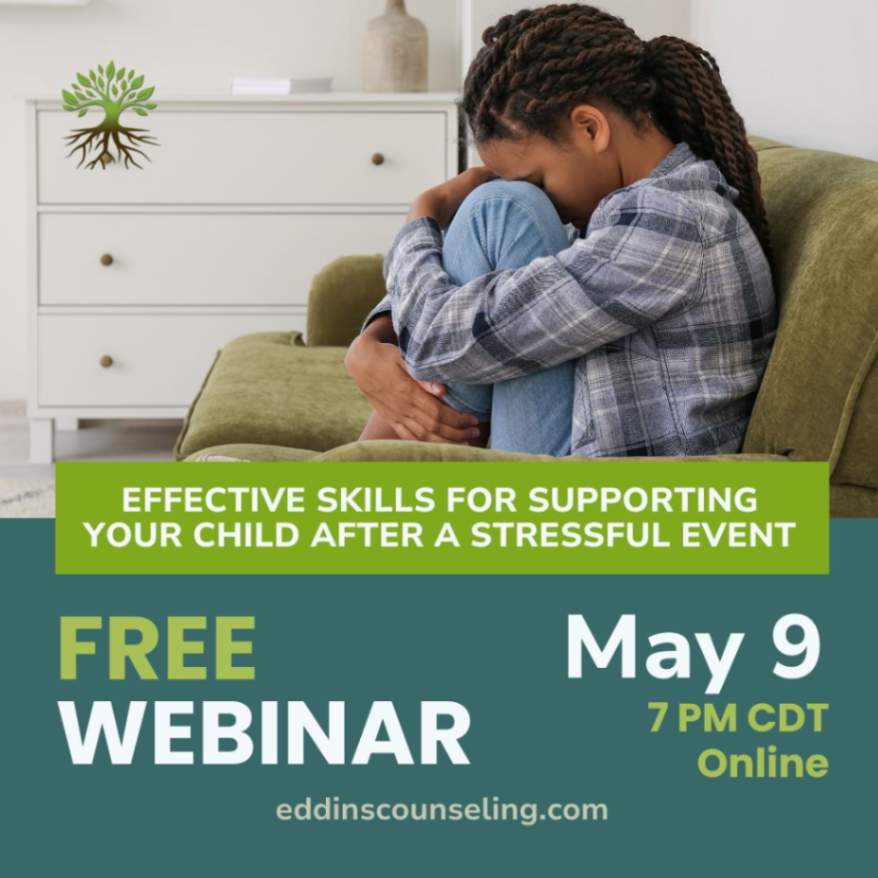January 11, 2017
The Doc Says My Teen Is Depressed — What’s Next?
Written by Rachel Eddins
Posted in Teen Counseling and with tags: teen depression

Don’t freak out!
Keep your thinking in balance. Calm and supportive parents are absolutely crucial for a depressed teenager to be able to fight against depression.
What else can you do?
Steps to Help Your Depressed Teenager
- View Depression as a Sickness – Not a Weakness
Having this viewpoint will help you accept that your teen’s depression is not anybody’s fault. So don’t blame yourself or your child. They did not choose this, nor did you cause their depression. Instead, focus on how you can show support. Let your teen know that they are not bad for feeling depressed. If you do all you can to help your child, you need not feel guilty or ashamed.
- Encourage Good Physical and Mental Health Habits
A teen with depression must learn to become well balanced when it comes to their physical and mental well-being. Bad health habits can severely worsen depressive symptoms. Teach your child proper self-care habits: getting enough sleep, well-rounded nutrition, exercise, and stress release. They cannot afford shortcuts.
- Educate Yourself
You must do your homework and learn to recognize when your child is going through a depressive episode. Understand the signs and symptoms. But more than that, investigate all treatment options and take charge. The more you know, the more effective you can be as your teen’s advocate in the healthcare system.
- Get Involved
Start by finding a caring and knowledgeable therapist that will keep you informed and actively involved in the treatment process. Make sure you’re included in the initial treatment planning discussion at some point in the early stages.
Instead of seeking out a psychiatrist, choose a therapist that has experience treating adolescent depression. Allow them to perform a psychological assessment and start psychotherapy. Medication should not be the first line of treatment, particularly in a developing adolescent brain. After an initial trial of therapy, however, it may become apparent that your child would be better helped with antidepressant medications in conjunction with therapy. Do not rule them out if they become necessary.
In most cases, though, psychotherapy is more effective for teenagers with depression. Before treatment begins, have a straightforward discussion with the therapist. Agree on what information will and will not be shared with you. Confidentiality and boundaries are important because your child has to feel comfortable and trust their therapist.
- Nurture – Comfort – Talk
Let your child know that you love them – no matter whether they’re happy or sad. Express your concern with sincerity. Assure them they can count on your support and that you’ll do everything you can to help them recover.
If your teen will let you, give them comfort through personal affection. If they’re reluctant to accept physical contact, use a soothing voice and reassuring words. Do all in your power to show you’re empathetic and willing to listen to them.
Although talking is often the last thing a depressed person wants to do, try conversing with your child as often as possible. Look to provide opportunities with little stress and distractions, like taking a walk or cooking a meal together. Gently draw out why they feel the way they do. Then, patiently help them to see that putting a low value on themselves is not well-founded. Don’t be afraid to openly talk about any suicidal thoughts – you’re not going to be putting ideas in their head, but rather giving them an opportunity to discuss what they are really feeling without keeping it secret. If you’re not sure, your therapist can coach you on how to have these types of conversations with your teen. Be sure to let them know that they can bring up this subject any time they need to.
|
|
Suicide warning signs:
Feelings that seem different from the past such as hopelessness, worthlessness; frequently feeling anxious or angry.
Actions that are different from the past such as talking about suicide or death, taking more risks, withdrawing from activities and people, using alcohol or drugs.
Changes in personality, behavior, eating and sleeping patterns; loss of interest in friends or activities OR sudden improvement after a period of being down or withdrawn (this can happen once someone has made a suicide decision).
Threats or comments that convey hopeless or death, “life doesn’t seem worth it anymore,” “I wish I were dead,” “I want to go to sleep and never wake up,” “heaven’s got to be better than this.”
Situations that serve as triggers such as loss or death, rejection, victim of bullying or humiliation, getting in trouble at home, school or with the law, recent break-up, upcoming changes for which your child feels unprepared.
- Provide a Support System
Encourage your teen to have healthy social relationships. Contact with friends and family can provide a strong support system, while isolation only makes depressive symptoms worse. Regularly share meals as a family, plan game nights or outings, and invite friends to the house. Nurture their talents and support their involvement in volunteer or spiritual activities.
Reach out and connect your child with a therapist for teenagers. Talking early and often about symptoms of depression can make a tremendous impact in your child’s recovery and adjustment
Above all, be patient and realistic. It takes time to recover from depression!
To schedule an appointment with one of our teen therapists in Houston, contact us at 832-559-2622 or book an appointment online.
|
|






















